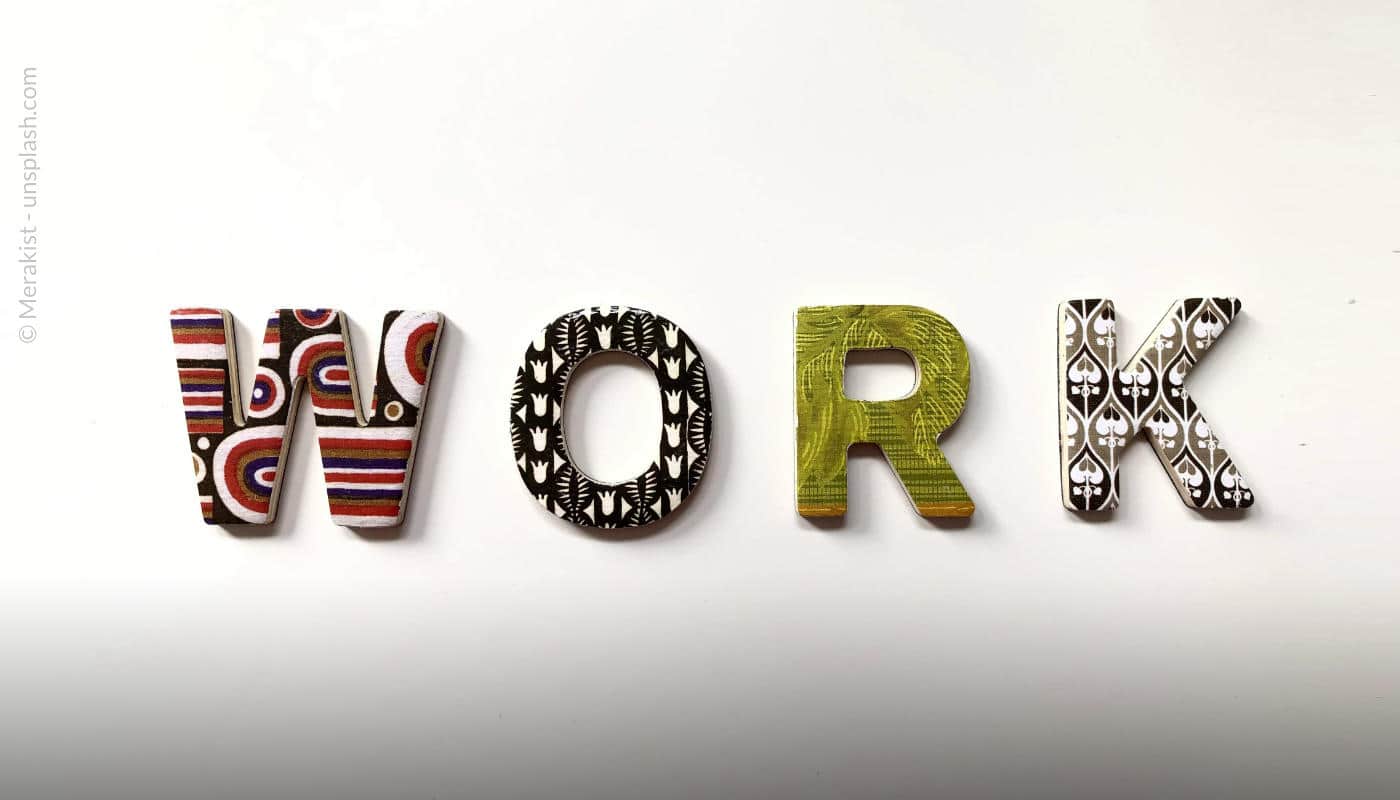The Süddeutsche Zeitung writes: “Four-day work week, staff shortage, and no desire to work? Researchers now provide new insights that debunk some common stereotypes.”
According to surveys, up to 80 percent of employees want a four-day work week to reduce their work-related stress, have more time with family, or engage in other activities.” This was also demonstrated by recent strikes focused on reducing working hours. However, some business representatives and politicians demanded the opposite – under the motto “More enthusiasm for work”.
Overall, are Germans working more or less in the long term?
According to the DIW Berlin – German Institute for Economic Research, in 1991, they worked an average of 39 hours per week, and today it’s 36.5 hours. It’s noticeable that for a few years now, men have also been reducing their working hours. This is due to corresponding collective bargaining agreements in male-dominated industries and also because slightly more men are opting for part-time work to gain time for caregiving.
According to Statista , employees today are on average 25% more productive than they were 30 years ago, meaning they generate more output. However, even if only the time factor is considered, overall, people are not working less, but as much as ever. In 2023, employees worked 55 billion hours – a new record. Besides the decrease in unemployment, this is also due to far more women being professionally active – 73% compared to 57% in 1991. And: There are hardly any differences in working hours between generations. According to SZ, “Gen Z” works just as much as the older generations.
Nevertheless, “the shortage of skilled workers is likely to become a much bigger problem in the future than it is today.” The DIW study data also show where action could be taken to address the shortage of personnel – beyond the necessary expansion of migration. Up to 30% of female employees (every second one works part-time) would like to increase their hours.
This would primarily require support for mothers: more gender equality in the family – mothers work double the amount of hours in household chores than fathers, and 20 hours more than fathers in childcare. And of course, an improvement in the daycare situation. Also, political reforms: a restriction on mini-jobs (which often make extra work not worthwhile), abolishing the splitting of income for married couples (“the less the wife works, the greater the tax advantage”).
“Expanding daycare, gender equality, political reforms: There is much that could enhance women’s career potential.”
Conversely, if, as sometimes demanded as an incentive for overtime, overtime were to be made tax-free again, it would be men who would tend to work more overtime, as they often earn more than their partners. This would reinforce unequal gender roles again.

Posted by Natascha Hoffner, Founder & CEO of herCAREER, WiWo columnist, LinkedIn TOP Voice 2020, W&V 2019 – 100 Köpfe
published on LinkedIn on 24.04.2024














